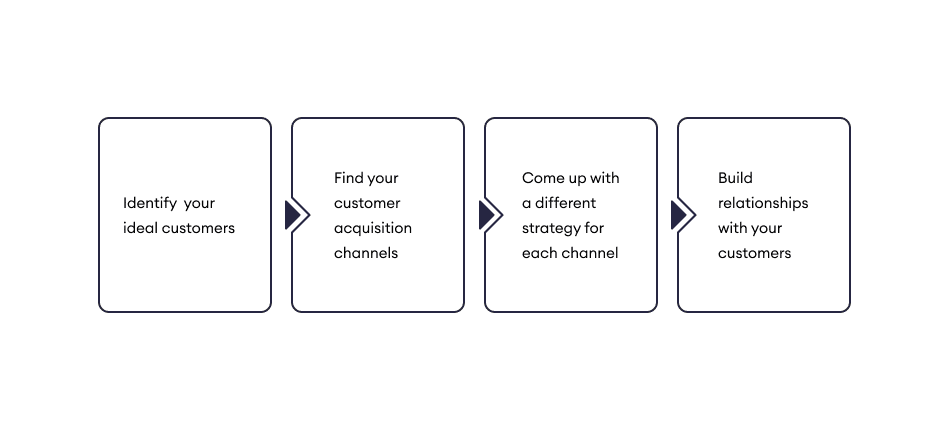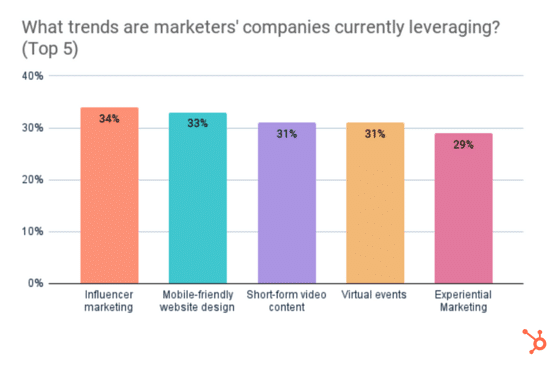Building a strategy with Partner Marketing
Define your target audience
You will undoubtedly need to find the right partners to launch your partner program. However, the search begins first and foremost with defining and understanding your target audience. And why? You need to make sure that your partner has a similar target audience, shares the same values, and has the same goals. Many services help you get demographic information about your audience and monitor traffic to a website, and one of them is Google Analytics.
Social media platforms like Facebook, LinkedIn, and even Instagram also provide data that you can use to identify and monitor your audience. The idea is that you use the information to understand your audience’s behavior and use segmentation to improve your offerings in a much more personalized way. Plus, the next step, finding the right partners, will be much easier if you know your audience.
Partners, of course, are the lifeblood of a partner program, and to find them, there are many ways. First, remember to take into account your audience preferences and demographics. Then, we recommend you use multiple methods to recruit your partners, and below, you can see what they are:
Influencers: This method has become increasingly common for building profitable partnerships for both sides. Practically, one of the ways is by giving special codes and coupons to an influencer who will share them with your audience.
Partners landing page: Consider creating a landing page to attract your future partners by optimizing your website and landing page to drive more traffic and views of your offers.
Paid advertising: Sponsoring ads about your partner program is a great way to promote your offer. It’s also one of the easiest ways to get your program out to more partners.
Your best customers: Happy customers are one of the best ways to encourage your future customers to buy. They show a real example of using your product or service, which helps to raise conversion rates. So when creating your partner program, think about how to include your best customers.
The next step is to decide how to launch your program and pay for promotions. Think about how the offer can be competitive and motivating for the company and your partner. To start with, have in mind that the commission rate can be set as a percentage or a fixed amount of money for each partner sale. As we will see, payment options are directly related to your choice of strategy. Let’s see what the most common ways to pay your marketing partners are:
Cost per action (CPA): this is the most common payment method among offers, as payment is based on the number of clicks. This option is prevalent among websites with a high volume of clicks. In this case, the aim is not to sell a product but to bring visitors to a website. It usually involves conversion actions, such as downloading apps or a customer filling out a subscription form.
Cost per sale (CPS): It’s when a brand sets a percentage of the total revenue of a conversion.
Cost per conversion plus cost per sale: You’ll set up a fixed payment for each percentage of partners’ sales by choosing this option.
Cost per click (CPC): It’s not just conversions affected by your payment structures. Clicks are also critical to an offer, and each click can mean paying for a partner.
Cost per Thousand Impressions (CPM): It’s when, for instance, every 1,000 impressions, markets can set payment and track impressions.





















